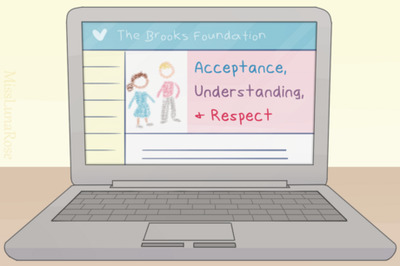
views
After being dragged out of the offices due to the pandemic and being forced to work from home, most Indian employees are now liking the comfort and flexibility that comes with it. So much so that they are changing and quitting jobs in search of flexibility. At least 6 out of 10 employees in India are ready to resign instead of returning to the office, according to a survey conducted by recruitment and staffing firm CIEL HR Services.
Most of the employees want the freedom to choose whether they come to the office or work from home, says Krishna Prasad, Senior Director, HR at Skillsoft and SumTotal Systems. Millennial professionals want to “avoid mundane traffic, paying for hostels or rentals, and moving out of their hometowns.”
Also read| Unable to Land Job, Bihar Girl Opens Tea Stall Outside College; Calls it ‘Aatmanirbar Bharat’
Employees Demand Change in the Way Offices Work
Among those who are returning to offices, most want the workplaces to change. Some employees demand good infrastructure to facilitate phygital meetings, present in the office as a team, and a renewed focus on better hygiene at the workplace, says Anshuman Das, CEO, and Co-founder, Careernet.
“People believe that 80-90 per cent of work can happen from anywhere, and they are looking at the office as a place to exchange ideas, absorb information, socialize, and learn. This has resulted in the need for changes in the physical infrastructure at the office such as additional training rooms and open offices,” says Das.
Family integrated work is the new normal
During the two-year lockdown, a lot of families have had a change in lifestyle. “Employees have adapted to a new normal that includes more hours of work productivity, avoidance of the stress of commuting to the workplace, and being able to manage personal schedules interwoven with the work schedule. These are at risk once the employees resume the commute to the office,” says Hariraj Vijayakumar, Co-Founder & CEO- NWORX.
Team lunches, dinners and outings, corporate conferences, training sessions, customer visits, and celebrating employee events have come to a standstill, says Prasad. There exists a social barrier when it comes to WFH as well as a cultural gap. “This has created a social gap between the existing employees and the new hires,” says he.
Although socializing with office people has hit a wall, Sarbojit Mallick – Co-founder & CBO, Instahyre says not all is lost. “Work from home has helped in improving productivity, pursuing hobbies and meeting new people. The overall social behaviour has changed.”
“As we try to return to normalcy, we need to be mindful of the fact that there is no one-size-fits-all solution. The path lies somewhere in between the extremes of complete work from the office and work-from-home models. It is a discovery that the industry is going through, and organisations are trying several models. While various models are evolving, we cannot pick one as ideal. It is a global phenomenon and complex problem to solve and that’s why the discovery process is cumbersome,” explains Das.
Offices Can’t go Back to Normal
“A probable solution to this could be to have junior to mid-level employees focusing on efficiency and relatively higher component of remote working with accelerated learning environment while being at the office, and the senior to the executive level band to drive effectiveness spending higher component of time at the office with a major focus on grooming the team and pushing the bar of the company,” believes Das.
“Employees who are ascertained to be able to operate on their role independently can be offered more work from home compared to individuals who are heavily dependent on others to operate. Individuals who aspire to move into higher roles rapidly must be offered extra attention so that they don’t lose out. Offices can also invest in developing the workforce to operate as a remote team. They can also develop managers and leaders to create a high Performance culture within their organizations,” says Vijayakumar.
“Organisations need to figure out ways to find tactical solutions to problems such as employee transport, office hygiene, and phygital infrastructure. But the more significant strategic challenge is promoting the acceptance of heterogeneity of working among employees, and figuring out what is right for the company, the team as a whole, and individual employees,” says Das.
Read all the Latest Education News and Breaking News here



















Comments
0 comment